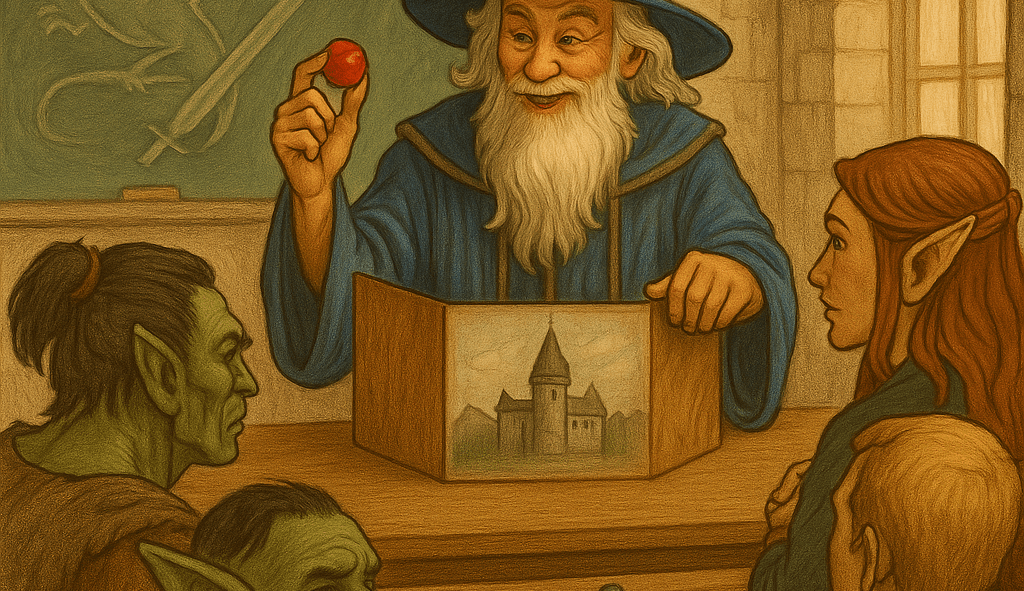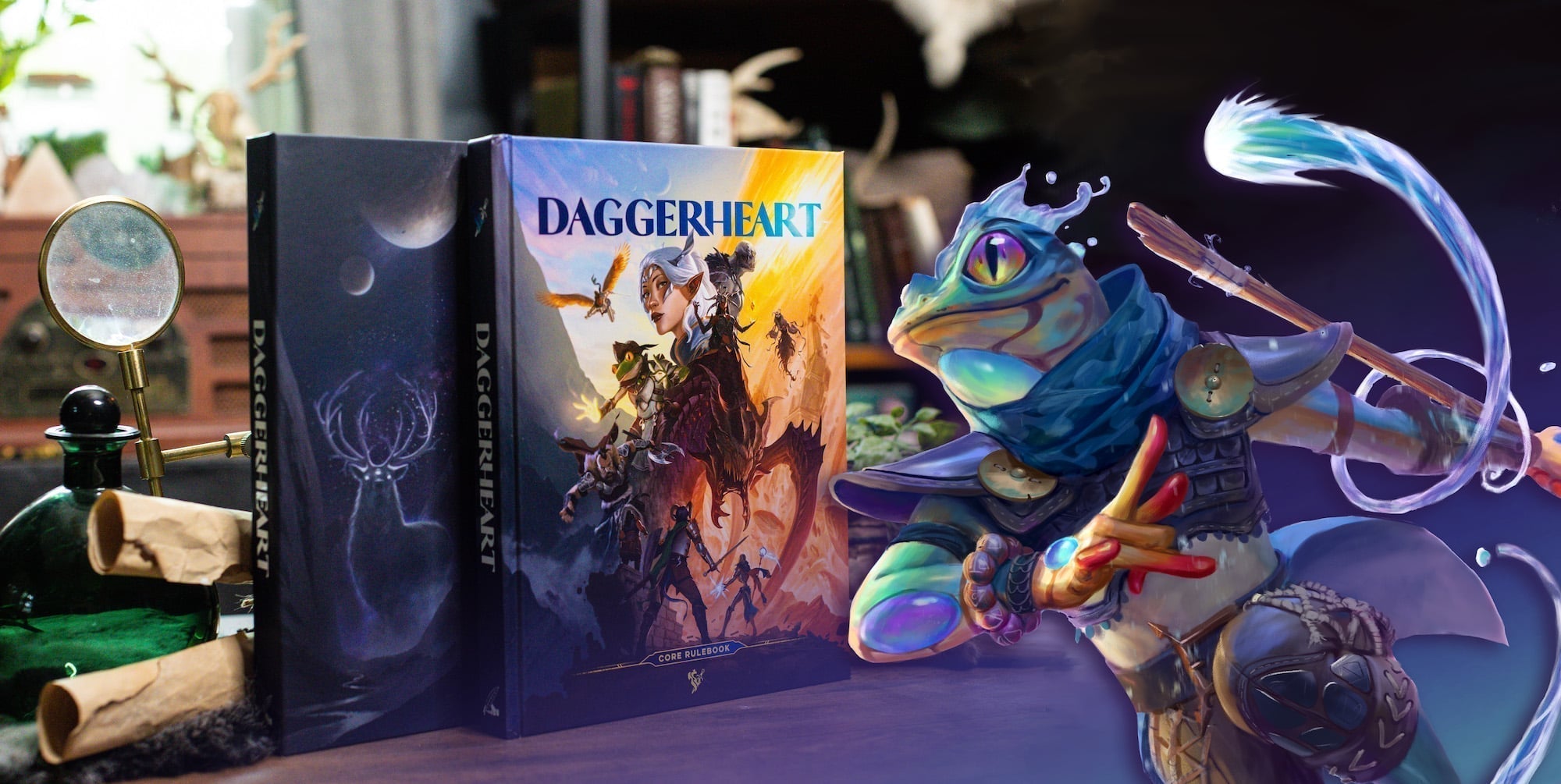
How to Be a Better GM: Lessons from a High School English Teacher
How to GM Like Your High School English Teacher
As the title may suggest, I'm a high school English teacher who also happens to GM a weekly D&D game. Unfortunately for me, I'm friends with the nerds who run Ebonwood and have been coerced into sharing my TTRPG wisdom (or lack thereof) in return for some shoddy cribbage boards (just kidding – they are actually very nice).
I've always thought that being an English teacher has given me a leg up in my role as a GM. Most TTRPGs center themselves on collaborative storytelling, and my day job focuses on getting my students to read, think about, and write their own stories. Beyond the obvious common thread of storytelling, there are some important lessons I've learned as a classroom teacher that I bring into my game every week. So, take out your notebook and something to write with, because you're about to get schooled:
Expect the unexpected
When you're studying to become a teacher, you learn how to write incredibly detailed lesson plans that provide precise instructions for how things should go, which is very important! However, what you don't learn until you're standing in front of a classroom is that a lesson plan can very quickly go off the rails because of unforeseen circumstances. You planned a great interactive activity using an online tool? Sorry, the internet is down.
Now, think about your TTRPG sessions. You can spend hours planning every beat, setting description, and dialogue sequence for a game; however, within the first 5 minutes, the party might decide to go in a completely unexpected direction. And all of that session prep? Probably out the window.
The key here is to prepare just enough for you to feel confident in running your game while building in plenty of flexibility. For example, try creating "plug and play" encounters. If there's an important NPC you want your players to meet during the session, allow the NPC to be modular enough so that the party could encounter them in the market or the tavern.
This isn't a new idea in the world of session prep. In fact, most of my session prep knowledge comes from Sly Flourish's The Lazy Dungeon Master and their weekly podcast. Check them out as they are a fantastic GM resource.
Be vulnerable
GMing can be a scary and uncomfortable prospect. I have often heard players say, "So, I'm thinking of GMing," with the same level of seriousness as they might say, "So, I'm thinking of moving across the country," or, "So, Jack and I are thinking of starting a family." Even though I often get a kick out of the seriousness and hesitation many people have at the idea of GMing, I totally get it.
GMing is an act of radical vulnerability. It's scary putting your world and your stories out there for your players to experience (and potentially judge). We all want our players to have fun, and there's always the fear that they won't.
The reality is that the more you put yourself out there as a GM, the more you embellish the crazy NPC voices, and the more you mess up lore facts only to end up with some kind of twisted narrative arc, the better! Being vulnerable at the table opens you up to making connections and memories with your players that you otherwise wouldn't have.
Everyone's on the same team
Over my years of teaching, I've learned that the best classrooms are the ones in which the students and the teacher all believe that they're on the same team working together toward a common goal. This kind of mentality is also key to running a successful TTRPG campaign.
Oftentimes, there's the idea that somehow players and the GM are working against each other. Players think they have bested the GM by figuring out a tough puzzle in a dungeon or defeating the BBEG in a single turn. My favorite symptom of this mentality is players feeling like they need to plan their next moves in secret away from the GM.
In reality, this isn't how successful campaigns operate. As the GM, my main goal is for everyone at the table to have fun, and it's much easier to plan fun encounters when I know what the party is wanting to do. Therefore, work together with your players to create the stories of your sessions.
Discourage secret group chats and encourage players to hash out their plans with you in the room. It will make your prep easier and players' experiences at the table more enjoyable.
It's okay not to have all of the answers
As a teacher, I've learned that always having the answer to a question is less important than the questions I ask when not knowing. The same applies to GMing. Often, GMs feel like they need to run seamless games as if they're applying to be the next Matthew Mercer or Brennan Lee Mulligan.
GMs feel like they need to have all of the answers and details ready on a whim when that's simply an exhausting and unrealistic expectation.
Therefore, start taking the pressure off of your shoulders and start asking more questions. Collaborate with your players to help tell the story. Ask players to describe the inside of a new tavern when they walk in the door. If a player asks if their character knows anyone in the market, respond with "I don't know, do you?"
By passing the ball to the players to help you tell the story and build the world, you automatically get players to become more invested in the game, and everyone has more fun.



